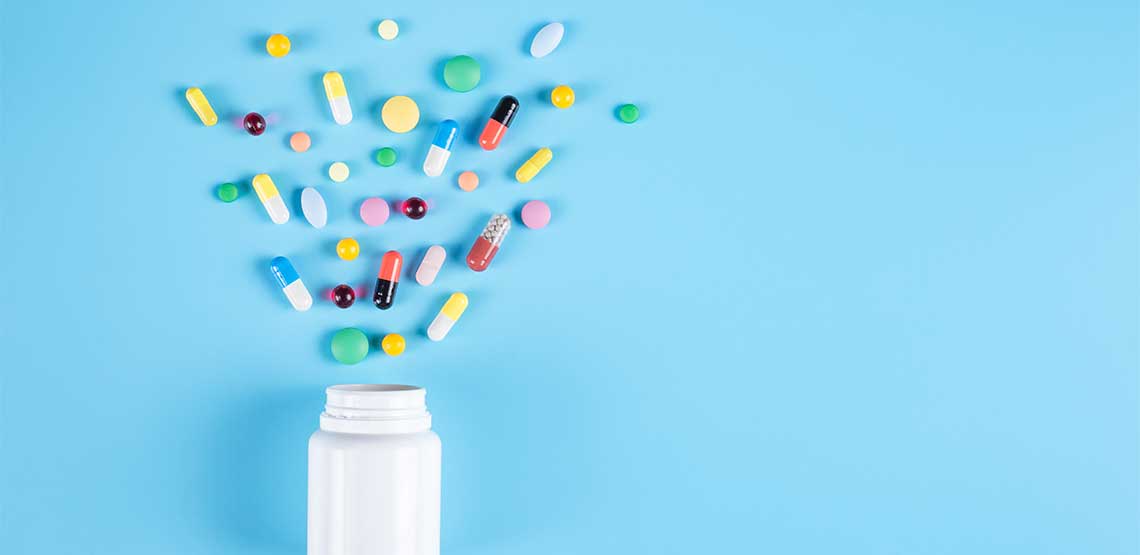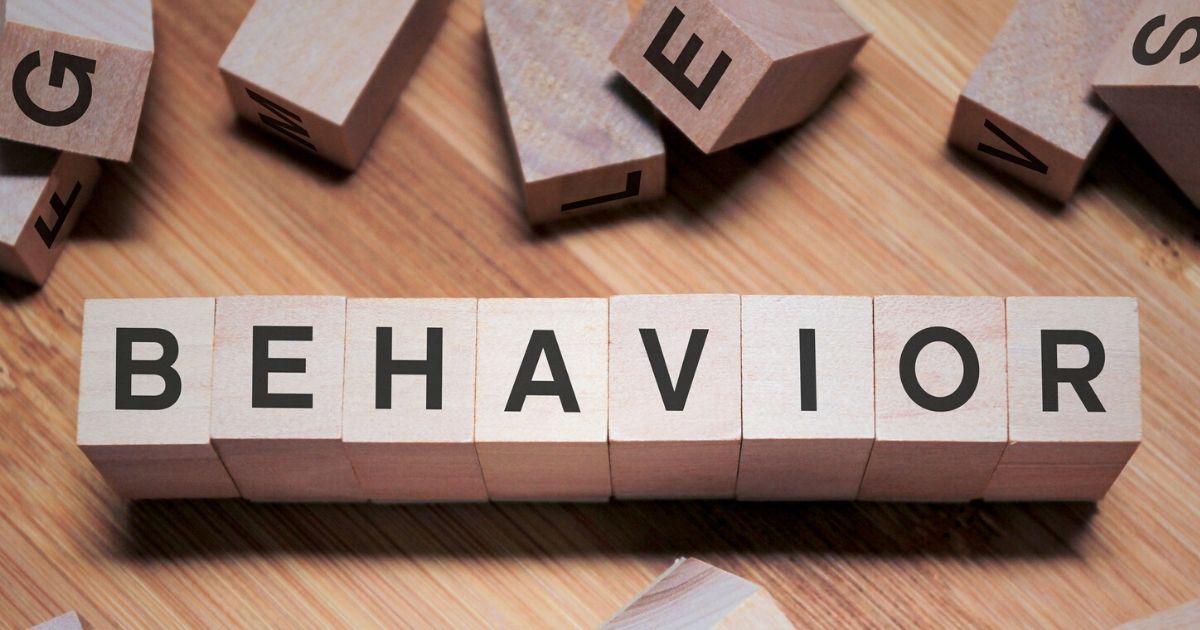Everything You Need to Know About ADHD Medications
Attention deficit hyperactivity disorder (ADHD) is a lifelong psychiatric disorder.
Those who have ADHD may experience the following:
- Forgetting small things like keys, wallets, phones, credit and debit cards
- A lack of interest in everyday tasks like cooking, cleaning, hygiene, work or school
- Easily getting distracted and then focusing too much on distractions
- Unable to effectively manage time or stay organized
You can use medication to help manage the above effects of ADHD symptoms. ADHD medication is best used with self-education, therapy, coaching and exercise to maximize results.
Stimulants are the main type of medication prescribed to treat ADHD.
Stimulant ADHD Medication List and Prices
All prices are in USD and we cannot guarantee their exactness due to constant price changes. However, the prices listed here should be almost exactly the same as what you will find online. Prices listed take into account free and easy to obtain discounts using GoodRx.
Ritalin
In use since 1955, Ritalin and its generic version are covered by most insurance plans. It has a six- to eight-hour duration. One hundred 5-milligram tablets of Ritalin cost between $73.43 and $80.13. For the same quantity of the generic Ritalin (Methylphenidate), the price is $22.33 to $31.68. These prices make generic Ritalin the cheapest ADHD medication on this list.
Adderall
The name means “ADD for all.” It has a four- to six-hour duration. Adderall is covered by most insurance plans. The price for one hundred 5-milligram tablets is between $704 and $761.
The generic version of Adderall is known as amphetamine salt combo; its prices range is from $43.97 to $70.17 per one hundred 5-milligram tablets.
Daytrana
With a six- to eight-hour duration, Daytrana is the only ADHD medication that comes in a patch. Many insurance plans won’t cover Daytrana. There is no generic version. Daytrana is usually sold in packages containing 30 patches so you can use one per day. The price for a package of 30 Daytrana patches is between $370.86 and $400.84.
Some people may develop skin redness, bumps or itching at the site where they apply the patch.
Concerta
Concerta’s duration is eight to 12 hours. The cost of one hundred 18-milligram Concerta tablets is between $1,112.40 and $1,219.68. The generic version, called Methylphenidate ER, costs between $246.65 and $477.39 per one hundred 18-milligram tablets.
Do not take Concerta if you have motor tics, Tourette’s syndrome, or a family history of Tourette’s syndrome.
Aptensio XR
This medication has an eight- to 12-hour duration. There is no generic version available, and it is not covered by most insurance plans. The price for one hundred 10-milligram capsules of Aptensio XR is between $833.75 and $899.97. Aptensio XR is one of the most expensive ADHD medications.
Vyvanse
Vyvanse has a 10- to 12-hour duration. You can buy it as a capsule or tablet. There is no generic version available, but it is covered by most insurance and Medicare plans. Thirty 10-milligram capsules of Vyvanse cost between $317.67 and $324.91.
Related Search Topics (Ads)
How do Stimulant ADHD Medications Work?
It’s in the name. Stimulants increase the amount of dopamine in the brain. Dopamine is a chemical messenger produced by the human body. Dopamine is significant because it affects almost every aspect of life.
Dopamine is involved in the following processes:
- Regulating movement, attention and emotional responses
- Learning and memory formation
Thus, without dopamine, it becomes difficult to process emotions. Learning becomes an even bigger challenge, unless it’s fun. Without dopamine, you feel less alive.
People who don’t have ADHD have adequate amounts of dopamine to get them through boring moments in life. People with ADHD don’t, which is why they get distracted in the pursuit of self-stimulation. Self-stimulation causes you to do things you’re not supposed to, at work or school for example, which can get you in trouble. It’s something we all do, but is much more common in people with ADHD.
Stimulant medication increases dopamine to higher levels that lessen a person’s urge to self-stimulate. Stimulants are effective because they do all the stimulating for you, allowing you to focus on living life instead of searching for stimulation. Someone who doesn’t have ADHD won’t be affected by ADHD medication because their desire for self-stimulation is already controlled.
Without medication, dopamine is increased through:
- Finding something challenging to do
- Engaging in interesting activities
- Being curious
- Having a sense of urgency
That’s why people with ADHD are able to focus easily on certain things without medication, while other things require great effort to focus on.
Side Effects of all ADHD Medication
Side effects can vary from person to person. Other medications can make certain side effects more likely.
Common side effects of ADHD medications can include:
- Insomnia
- Weight loss
- Increased anxiety
- Faster heartbeat
- Increased blood pressure
- Loss of appetite
- Nausea
- Dizziness
- Vomiting
- Nervousness
- Dry mouth
- Blurred vision
- Fever
Rare and serious side effects of ADHD medications can include:
- Addiction
- Heart damage and defects
- Stroke
- Psychosis (e.g. hearing voices, believing lies)
- Skin rash
- Sudden death (for those with undiagnosed heart problems)
This is not a complete list of possible side effects. Always talk to your physician or pharmacist before beginning to take a new medication. Talk to your physician if you or your child experience side effects.
When Should You Not Take ADHD Medication?
You should not take ADHD medication if:
- You have not checked to see if you may be allergic to it
- You are pregnant or breastfeeding or plan on becoming pregnant
- You have glaucoma or take anti-depressants known as monoamine oxidase inhibitors (MAOIs)
- You already have problems with anxiety, irritability, addiction or high blood pressure
- You have blood circulation problems in your fingers and toes
- You have psychosis, bipolar illness, depression or mania
Again, be sure to consult with your doctor or pharmacist about whether or not you, or your dependents, should use ADHD medications.


